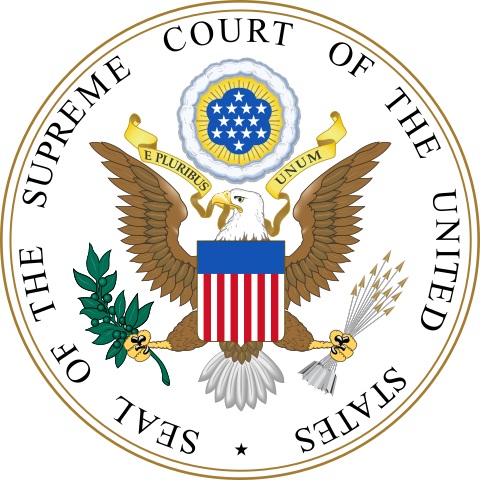The problem is they’re worried about teachers coercing students to believe in God. Would they be equally worried about coercive behavior regarding gender assignment ideology? One is rather benign and the other ends with possible life altering surgeries and hormone blocking.
Kennedy’s prayer practice also implicated the coercion concerns at the center of this Court’s Establishment Clause jurisprudence. This Court has previously recognized a heightened potential for coercion where school officials are involved, as their “effort[s] to monitor prayer will be perceived by the students as inducing a participation they might otherwise reject.” Lee, 505 U. S., at 590. The reasons
U.S. Supreme Court – Kennedy v. Bremerton School Dist – Page 57
for fearing this pressure are self-evident. This Court has recognized that students face immense social pressure. Students look up to their teachers and coaches as role models and seek their approval. Students also depend on this approval for tangible benefits.
In a normal world this decision would be unanimous in favor of the coach. But instead three radical leftist justices (I say this because we always have to be hyper partisan now) have the gall to dissent on the grounds they believe a coach praying at a football game and inviting members of the team to join is tantamount to a government establishment of religion. The dissent never says the coach demanded they pray, or penalized any member of the team if they did not participate, and acknowledges that the coach invited them to pray if they so choose. Voluntary behavior is not an establishment of religion.
Under these precedents, the Establishment Clause violation at hand is clear. This Court has held that a “[s]tate officia[l] direct[ing] the performance of a formal religious exercise” as a part of the “ceremon[y]” of a school event “conflicts with settled rules pertaining to prayer exercises for students.” Lee, 505 U. S., at 586–587. Kennedy was on the job as a school official “on government property” when he incorporated a public, demonstrative prayer into “government-sponsored school-related events” as a regularly scheduled feature of those events. Santa Fe, 530 U. S., at 302. Kennedy’s tradition of a 50-yard line prayer thus strikes at the heart of the Establishment Clause’s concerns about endorsement. For students and community members at the game, Coach Kennedy was the face and the voice of the District during football games. The timing and location Kennedy selected for his prayers were “clothed in the traditional indicia of school sporting events.” Id., at 308. Kennedy spoke from the playing field, which was accessible
only to students and school employees, not to the general public. Although the football game itself had ended, the football game events had not; Kennedy himself acknowledged that his responsibilities continued until the players went home. Kennedy’s postgame responsibilities were what placed Kennedy on the 50-yard line in the first place; that was, after all, where he met the opposing team to shake hands after the game. Permitting a school coach to lead students and others he invited onto the field in prayer
at a predictable time after each game could only be viewed as a postgame tradition occurring “with the approval of the school administration.”
U.S. Supreme Court – Kennedy v. Bremerton School Dist – Page 56
I’m not a religious man and I have no issues with people praying anywhere they wish to pray. I would have a problem with people telling me I have to pray in order to participate in society. That would be an establishment of religion. It’s time we stop trying to remove everything that references God from government.
